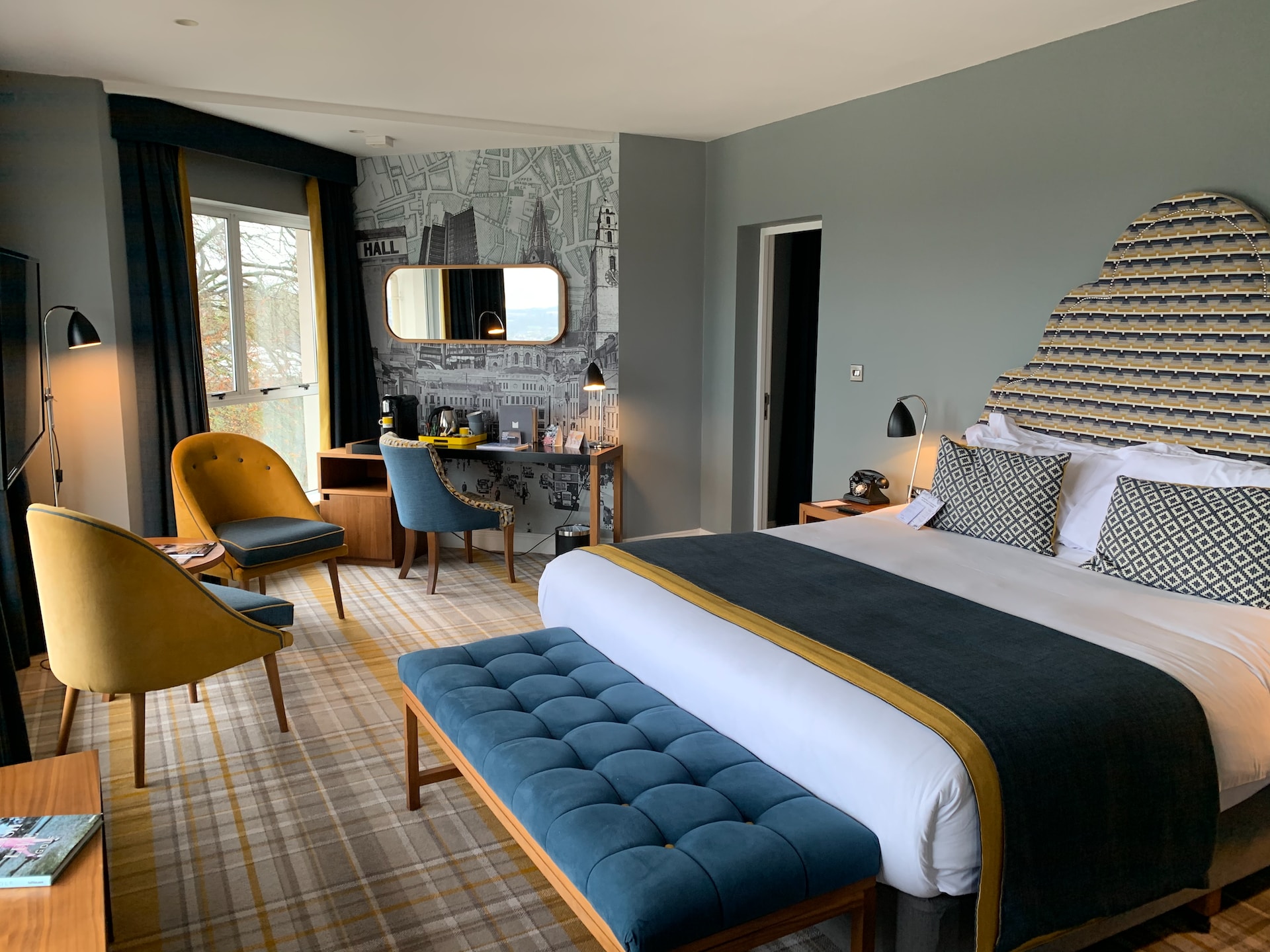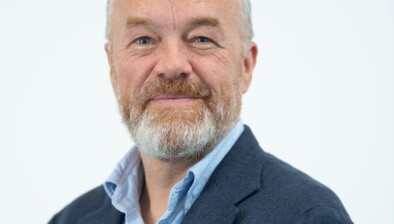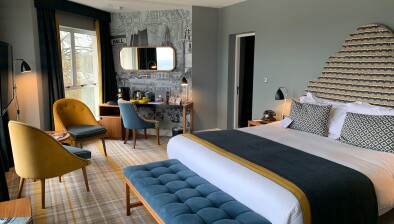RSM: Strong Scottish hotel demand in June fails to offset rising staff costs

Demand for Scotland’s hotels has increased in June with people still wanting to travel this summer, but this was not enough to offset increasing staff costs as profits fall, according to the RSM Hotels Tracker.
The data, which is compiled and produced by Hotstats and analysed by RSM UK, shows occupancy of Scotland hotels rose from 83.7% to 83.8% in June year-on-year, edging slightly above UK occupancy rates. However, gross operating profits still dropped from 46.7% in June 2024 to 44.9% in June 2025 in Scotland, and from 44.7% to 42.1% in the UK.
Average daily rates (ADR) of occupied rooms in Scotland were down from £180.49 to £169.95 in June year-on-year, and also decreased from £174.56 to £166.67 in the UK.
Katie Morrison, partner and head of consumer markets in Scotland at RSM UK, said: “It was a great start to the summer for Scottish hoteliers, with an encouraging rise in demand and strong occupancy levels in June. But as cost pressures continue to bite, it’s now even more important that hoteliers sustain this demand, especially heading into the busier summer months with August seeing the Oasis reunion tour and Edinburgh Fringe Festival.
“Although we’ve seen a fall in room rates, demand for these big-ticket events in Edinburgh should drive increased footfall and bring a welcome boost to leisure and hospitality businesses, as well as the wider economy. Similarly, Marvel has recently extended its filming schedule in Glasgow, which has attracted thousands of fans to the city and will bring global visibility to Scotland, supported by the expansion of flight routes to Edinburgh and Glasgow Airports in 2025.”
Total hotel payroll (per available room) has grown in Scotland from £45.98 to £47.77 in June year-on-year and £48.07 to £50.34 in the UK.

Katie Morrison
Katie Morrison added: “Scottish hoteliers are not only having to compensate for a rise in employee costs, but they are also having to increase staff numbers to meet higher demand in the summer months – a double whammy for the sector.
“While we expect strong demand to continue into July, as consumers prioritise taking trips away, there are clear pain points in the sector. Scotland has the added pressure of planning for the introduction of the tourist tax from 2026, which may see hoteliers absorbing part of the tax to remain competitive and attract tourists from the UK and overseas. Hoteliers will be looking to the government for initiatives that further boost hotel spend, including reinstating tax-free shopping for overseas visitors.”
Thomas Pugh, Chief Economist at RSM UK, said: “After contracting in April and May due to the double whammy of tax and tariffs, strong hotel occupancy in June is another signal that the economy started to rebound at the end of the quarter. Even so, the economy will have done little more that stagnate in Q2.
“Looking ahead, the outlook for consumer spending growth is less rosy than it has been in the first half of the year. Inflation has risen to 3.6% and will rise further over the summer, mainly driven by tax rises, higher utility bills and now more expensive petrol. That will eat into consumers’ disposable income. At the same time, the labour market is clearly cooling which will weigh on wage growth and employment over the rest of the year.
“However, the outlook is far from dismal. Despite rising inflation and slower wage growth, real incomes will still rise at a reasonable pace this year. Household balance sheets are considerably stronger than they have been previously, and lower interest rates will continue to help. What’s more, there are good signs that the worst of the labour market pain and tariff uncertainty is already behind us.”





